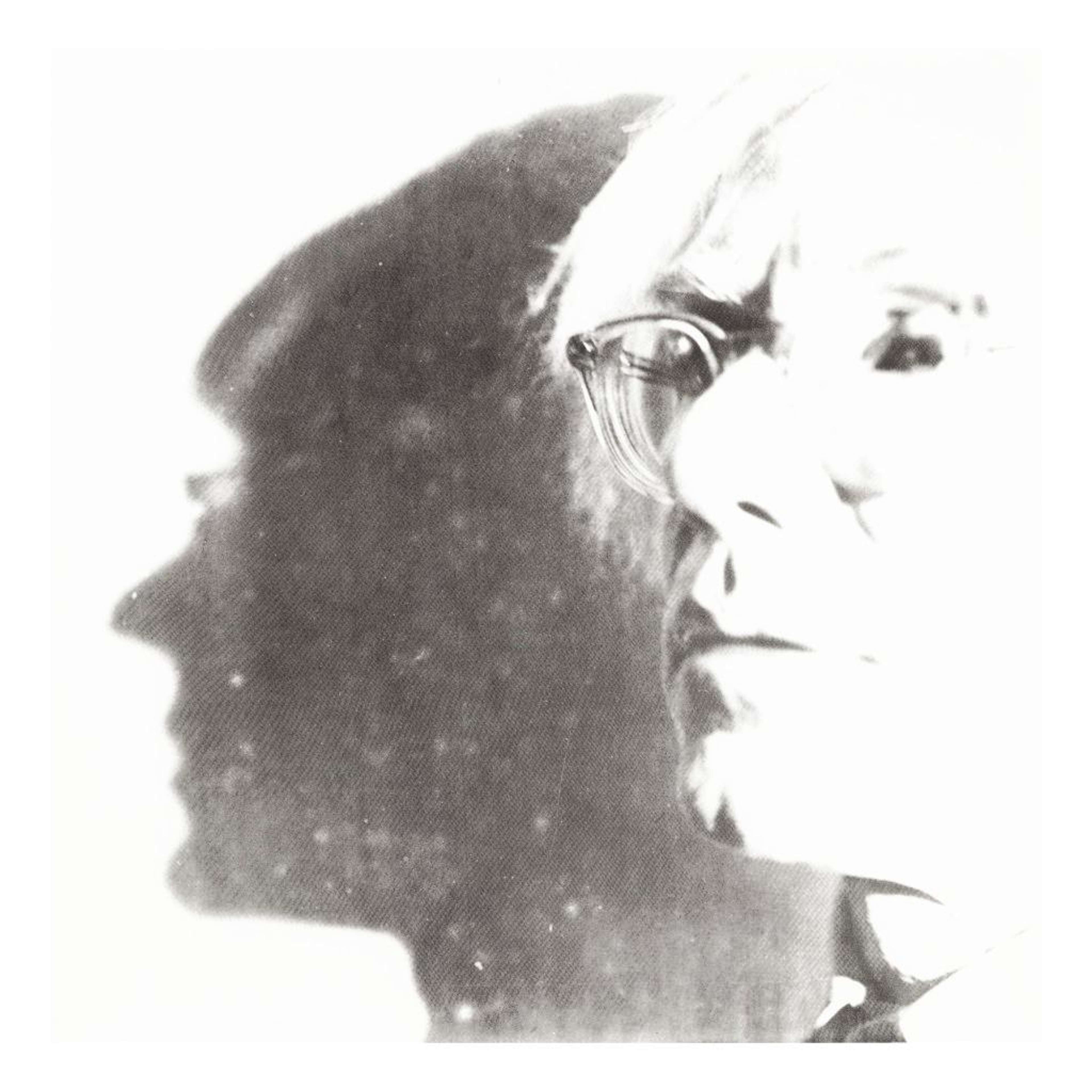
The Shadow (unique)

The Shadow (unique)
Signed Print
Andy Warhol
£23,000-£35,000
$45,000-$70,000 Value Indicator
$40,000-$60,000 Value Indicator
¥220,000-¥330,000 Value Indicator
€26,000-€40,000 Value Indicator
$240,000-$360,000 Value Indicator
¥4,780,000-¥7,270,000 Value Indicator
$30,000-$45,000 Value Indicator
There aren't enough data points on this work for a comprehensive result. Please speak to a specialist by making an enquiry.
96 x 96cm, Edition of 32, Screenprint
Auction Results

Track auction value trend
Meaning & Analysis
The Shadow (unique) is a signed screen print made by the father of Pop Art, Andy Warhol, in 1981. Coming in an edition size of 32 the print shows a portrait of the artist himself captured side-on and staring out of the composition. The print is rendered in black and white which contrast with many other screen prints made by Warhol which are characterised by his use of bright and bold colours and crayon-like gestural lines. Behind Warhol is the silhouette of another person’s profile. The shadow profile appears to be lurking mysteriously behind the artist.
The Shadow (unique) is part of Warhol’s popular collection of screen prints, the Myths collection. Formed of ten screen prints, each print is dedicated to an icon or idol from American popular culture. In The Shadow (unique), Warhol renders himself as The Shadow, the protagonist of the 1930s radio show of the same name.
The Myths collection demonstrates how Warhol used his art to elevate mass media imagery into the realm of fine art. Warhol often took artistic inspiration from popular culture, notably exemplified in this collection and the way in which the artist made prints of everyday consumer goods like Campbell’s soup cans and Brillo Boxes.